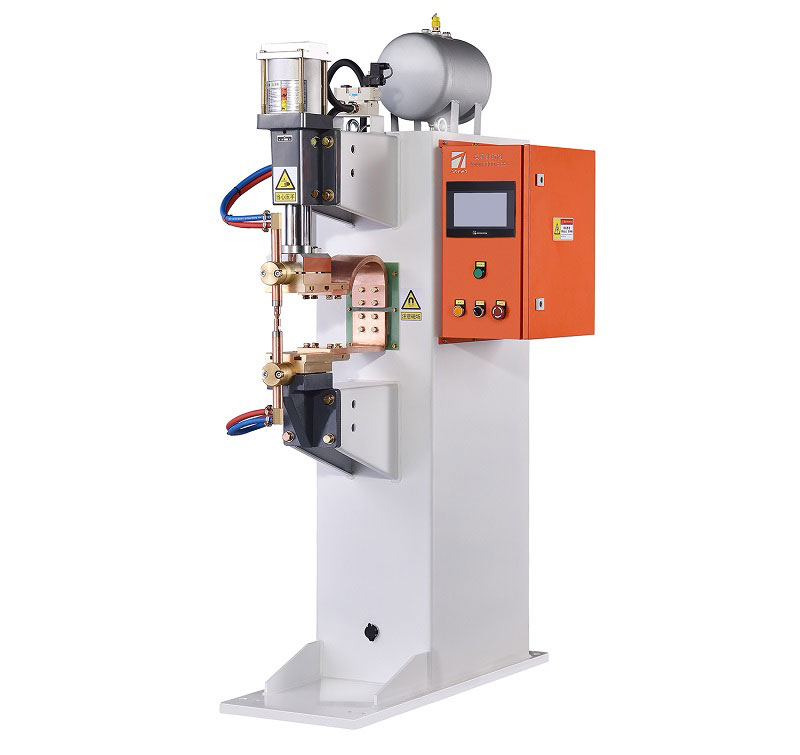Resistance spot welding is a widely used process in the manufacturing industry, and the choice of electrodes plays a crucial role in its effectiveness. Different types of electrodes offer unique characteristics that cater to specific welding needs. In this article, we will explore the distinct features of various electrodes commonly used in resistance spot welding.
- Copper Electrodes:
- High Conductivity: Copper electrodes offer excellent electrical conductivity, allowing for efficient energy transfer during the welding process.
- Low Wear and Tear: They exhibit low wear rates, resulting in longer electrode life.
- Good Heat Dissipation: Copper effectively dissipates heat, reducing the risk of overheating during prolonged welding operations.
- Tungsten Electrodes:
- High Melting Point: Tungsten electrodes can withstand extremely high temperatures, making them suitable for welding high-strength materials.
- Minimal Contamination: They are less likely to contaminate the weld due to their resistance to melting.
- Precise Welding: Tungsten electrodes enable precise control over the welding process, making them ideal for delicate applications.
- Molybdenum Electrodes:
- Excellent High-Temperature Performance: Molybdenum electrodes maintain their integrity at elevated temperatures, ensuring consistent welding quality.
- Reduced Weld Spatter: They contribute to minimal weld spatter, resulting in cleaner and more aesthetically pleasing welds.
- Longevity: Molybdenum electrodes are known for their durability and resistance to wear and tear.
- Carbon Electrodes:
- Cost-Effective: Carbon electrodes are economical and well-suited for low- to medium-duty welding applications.
- Quick Cooling: They cool rapidly after each weld, increasing productivity in high-speed welding operations.
- Diverse Applications: Carbon electrodes find use in a variety of materials, making them versatile for different welding tasks.
- Refractory Metal Electrodes:
- Extreme Durability: Refractory metal electrodes, such as tantalum or zirconium, offer exceptional longevity and resistance to harsh welding conditions.
- Specialized Alloys: They can be alloyed to enhance specific welding properties, catering to unique industrial requirements.
- Precision Welding: These electrodes excel in precision welding applications that demand high-quality results.
In conclusion, the choice of electrodes in resistance spot welding depends on the specific welding requirements, materials, and environmental conditions. Each type of electrode comes with its own set of advantages, allowing manufacturers to select the most suitable option for their application. Understanding the characteristics of these electrodes is essential for achieving consistent and high-quality welds in various manufacturing processes.
Post time: Sep-13-2023








